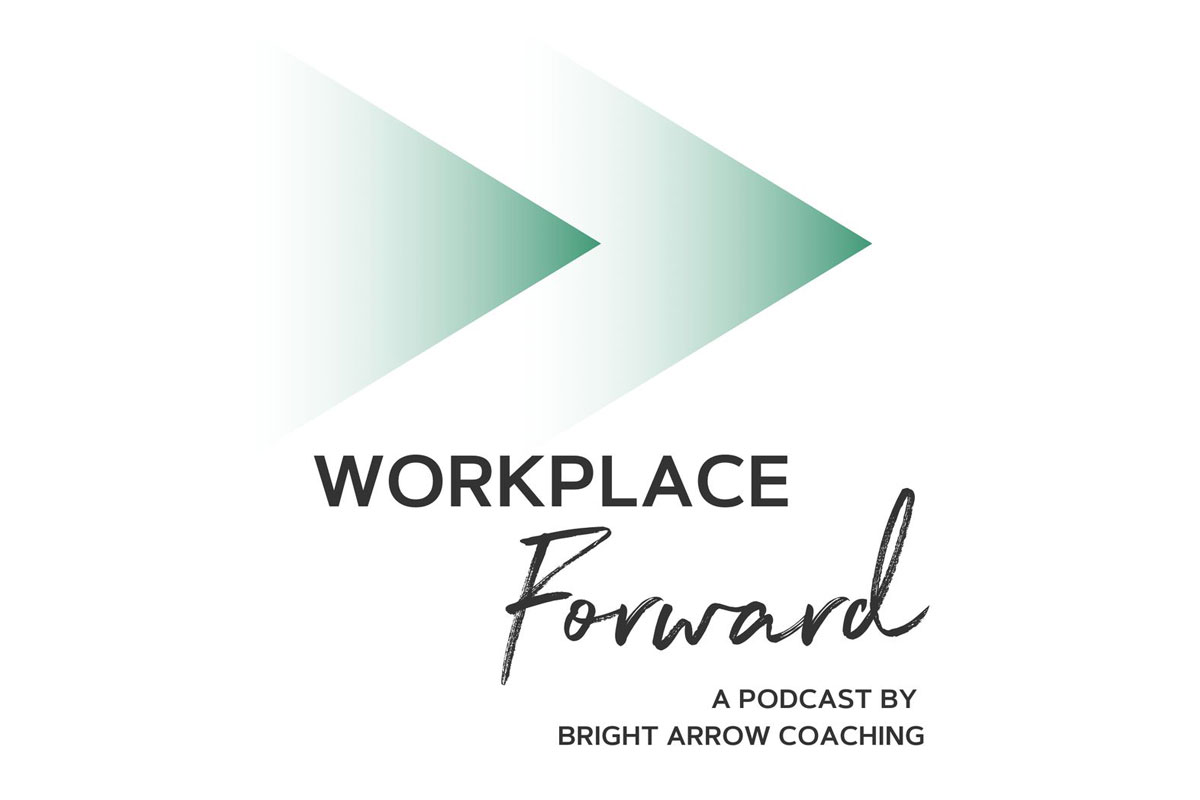I’ll admit it; I sometimes procrastinate. (Ironically, but not surprisingly, I procrastinated about writing this article.) There are certain tasks for which I almost always experience procrastination. It has never been a problem, per se. But, from time to time, it is a nagging annoyance. Other times, I purposefully procrastinate because it creates just the right amount of pressure to hyperstimulate my brain and creativity. While all procrastinators and non-procrastinators are aware of pain points associated with the habit, it is important to be equally open to its benefits. Because procrastination definitely has its perks, too.
I recently got curious about the science behind procrastination and am pleased to share how I, and some of the leaders I’ve coached, manage and embrace our own tendencies to procrastinate.
Why Leaders Need to Manage Their Procrastination
Procrastinating can annihilate your credibility — especially if the company culture you work in highly values preparedness, organization and, perhaps, even delivering prior to deadline. Have you ever had an employee turn in a work product and their personal energy felt rushed? Even if the quality of their work was great, you could feel the employee’s high-strung, high-stressed energy related to it. Recall your thoughts, judgments or questions about their capabilities. Our assumptions are often negative. Even if you deliver on time, the energy you exude when and after procrastinating can leave you looking unprepared or as a leader who doesn’t plan or prioritize well.
Procrastinating can negatively impact others: your team, your peers, your boss. Almost everything we touch at work these days is delivered via intra-team or inter-departmental partnerships. You can’t allow your procrastination to affect other people’s ability to deliver. Where I see this happen most often at the executive level is during board “prep.” Typically, one executive is responsible for collecting updates from the other executive team members for the board packet. Inevitably, one of the other Cs is habitually late to turn their slides or updates in. Not only does this prevent the collective team from preparing ahead of time as planned, but it also leaves the entire team to inherit the one procrastinator’s stress.
Ways to Manage Your Procrastination
You’ve made it this far as a procrastinator. Maybe you don’t need to stop procrastinating but could benefit from embracing and managing it better. Consider these five options.
- Supercharge your perspective on self-respect as it relates to procrastination. Recognize that managing your procrastination is a way to honor your future self. By aligning the tasks of your current self to the needs of your future self, you are showing your future self the respect he or she deserves.
- Chop that juicy project into smaller meaningful, manageable tasks and create personal deadlines with more lead time. One of my own consistent practices is to estimate how long a deliverable will take, and then I schedule blocks of time on my calendar leading up to its due date. (I often will shorten the lead time to ensure I’m done far enough in advance.) I have one personal rule: I am not allowed to dismiss or delete the calendar reminders. I must either work that block of time as planned or move it elsewhere on my calendar. Trust me, you won’t reschedule your blocks too many times because you have a visual representation on your calendar of the bottleneck you’re creating in doing so. Pro tip: If you finish prior to the deadline and other people need to build on it or review it, go ahead and ship it out. Do not allow perfectionist tendencies to leave you sitting on it, telling yourself you will tinker with it more.
- Create (and work) your routine. In the absence of a routine, my clients have seen the greatest benefits from making their first step implementing consistent strategic thinking and planning time every week. This reflection is the foundation of creating a plan and routine. The second greatest benefit I’ve seen for my clients is when they learn to manage distractions when working their routine — not just trying to manage them, but really taking ownership and squelching them. They close their emails and browsers; they log off communication tools. Some even turn their out-of-office messages on if they’re working on something for a prolonged period of time. Get fierce about your routine and recognize when it makes sense to own your routine like your career depends on it.
- Get closer to your “why” and the meaning behind the tasks. It is human nature to prioritize the work we love and enjoy the most. Our opportunity, as procrastinators, is to spend just a few minutes getting closer to the “why” behind the tasks we are procrastinating on and using that as our motivation to hop to it. For example: “Completing the board prep packet on time each month ensures my employees’ (and the broader executive team’s) efforts are thoroughly and fairly represented to the board.”
- Do a self-check to ensure that your procrastination isn’t career limiting. There is evidence, via neuropsychological research, that severe procrastination can be related to a problem with executive functioning: “The frontal systems of the brain are known to be involved in a number of processes that overlap with self-regulation. These behaviors — problem-solving, planning, self-control, and the like — fall under the domain of executive functioning.” If you need deeper help, consider counseling. It might save your career and change your life.
Whatever you decide to experiment with in your effort to embrace and manage your procrastination, take a deep breath and know you’re in great company. Some of the most talented people on the planet are procrastinators. Your peers include Mozart, J.K. Rowling, Margaret Atwood, Leonardo da Vinci, Frank Lloyd Wright and the 14th Dalai Lama (just to name a few). As leaders, it is important for us to recognize when we are procrastinating and have a personal plan to help mitigate the shortcomings of this habit.
This post was originally published on Forbes.
Love this post? For a regular dose of empowerment delivered right to your inbox, sign-up for Bright Arrow Digest here.









